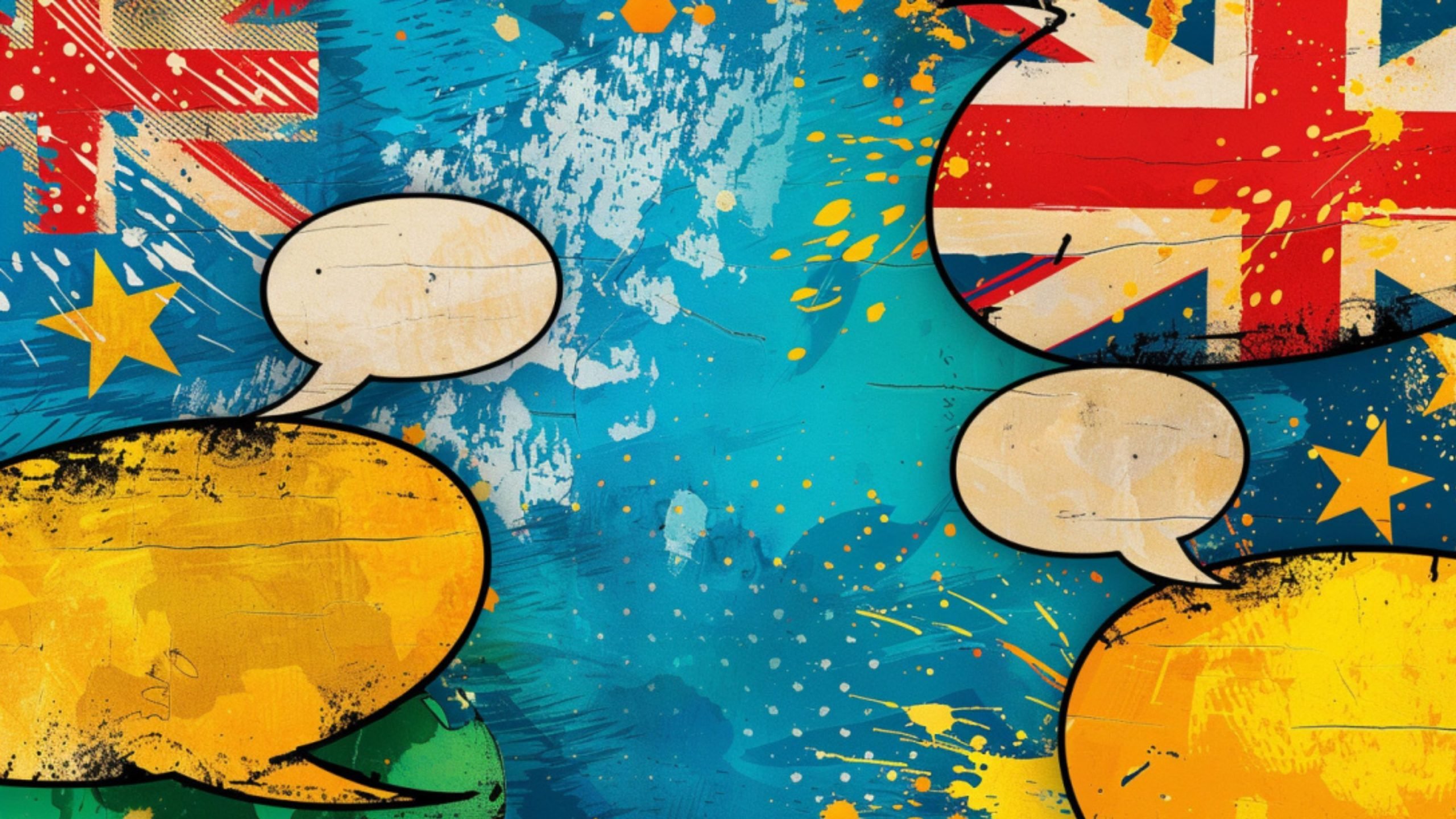The Misinformation and Disinformation (MAD) Bill was adopted by Australia’s House of Representatives earlier in the week and is now headed to the Senate for approval.
While noted “censorship warrior” in the current Australian government, Communications Minister Michelle Rowland, as well as others behind the push to get this and similar legislation through parliament, praises it as a way to at once preserve democratic processes, and hold tech companies to task – opponents are slamming it as “Orwellian.”
This criticism is tied to MAD and other moves of this kind undermining online users’ privacy and free speech in new, more dangerous ways, and a debate around this has been raging between rights advocates and opposition politicians, and representatives of the authorities.
An MP, Keith Pitt, was the one who slammed the draft bill as moving the country in the direction of “an Orwellian surveillance state.”
Under the proposed law, the Australian Communications and Media Authority (ACMA) will oversee “monitoring” how online platforms are dealing with what is decided to be treated as “misinformation.”
One of the envisaged requirements of compliance is for the tech companies to retain records of this alleged activity happening on their platforms.
The concern expressed by Pitt and other opponents is that while declaratively pushing back against online misinformation, the bill gives this, or any future government, room for abuse, “1984”-style, where political dissent rather than false content, will suffer.
But interestingly, this MP at the same time doesn’t see as another “Orwellian” step the unmasking (and therefore exposure to the will and whim of the government) of all internet users.
Namely, Pitt has endorsed the idea of social media identity verification as a “better” way to deal with misinformation and other true or perceived online harms and wouldn’t mind forcing internet users to reveal their real identities (via a new brand of “verified accounts”) before being allowed to post online.
This is just another episode showing confusion and controversy accompanying Australia’s ongoing shift toward censorship and mass surveillance.
That includes age verification proposals, but also what many see as impending moves to usher a digital ID system in the country.










